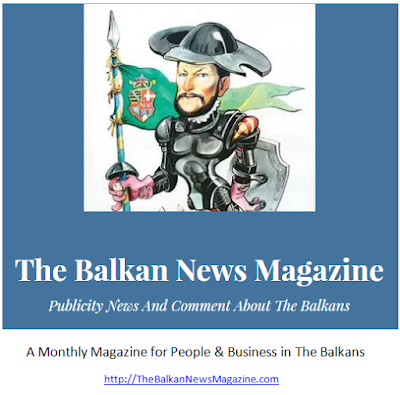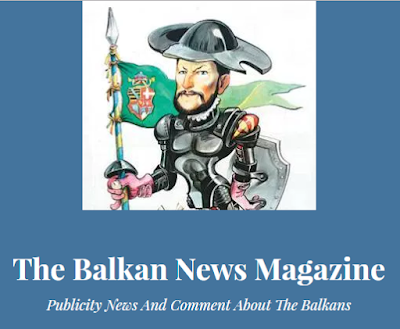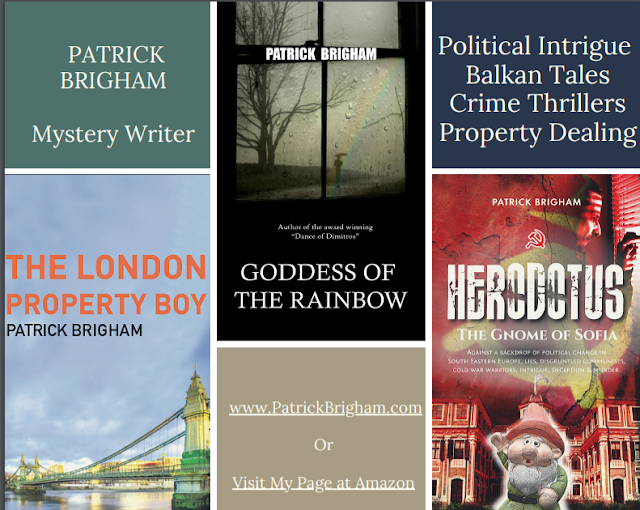The problem with modern day politics, is that it is populated by grey and rather boring people. Maybe we are living in an age where being anodyne and characterless somehow reflects a quality of dependability and dedication, but I suspect that our present day leaders are no more dynamic or dependable than before, and often quite the opposite.
They are becoming rather elderly now, and one might say a little battered around the edges, but a few years ago politicians seemed to have more charisma, and more lustre.They somehow inspired us all to hope, and in anticipation of change, many of these huge characters, not only influenced these changes in the world, but they were often quite amusing too!
Vladimir Zhirinovsky, a flamboyant veteran lawmaker known for his fiery rhetoric, recently told Reuters in an interview, that Trump was the only person able to control the dangerous tensions between Moscow and Washington, but by contrast, Trump’s Democratic rival Hillary Clinton could spark World War Three. Zhirinovsky, received a top state award from Putin, after his pro-Kremlin Liberal Democratic Party of Russia came third in Russia’s parliamentary election last month.
Friends in High Places
Many Russians regard Zhirinovsky as a clownish figure who makes outspoken statements to grab attention but he is also widely viewed as a faithful servant of Kremlin policy, and sometimes used to float radical opinions to test public reaction.
“Relations between Russia and the United States can’t get any worse. The only way they can get worse is if a war starts,” said Zhirinovsky, speaking in his huge office on the 10th floor of Russia’s State Duma, or lower house of parliament.
“Americans voting for a president on Nov. 8 must realize that they are voting for peace on Planet Earth if they vote for Trump. But if they vote for Hillary, it’s war. It will be a short movie. There will be Hiroshimas and Nagasaki’s everywhere.”
Vuk Draskovic Leader of the Serbian Renewal Movement.
Vuk Draskovic is a Serbian politician who served as the Deputy Prime Minister of the Socialist Federal Republic of Yugoslavia, and as Minister of Foreign Affairs fro both Serbia and Montenegro, and Serbia itself.
Graduating from the faculty of law at the University of Belgrade in 1968, from 1969-80 he worked as a journalist in the Yugoslav news agency Tanjug, was a member of the League of Communists of Yugoslavia and worked as the chief of staff for Yugoslav President Mika Spiljak. He has written several novels, and fits into the Balkan stereotype, of intellectual politician and leader.
After the Milosevic years, he attempted a comeback as one of the eleven candidates in the Serbian presidential elections, which were subsequently unsuccessful due to low turnout. Despite a polished marketing campaign that saw Drašković change his personal appearance and tone down his fiery rhetoric, he ended up with only 4.5% of the total vote.
His next chance for political redemption came in late 2003. Fully aware of a weak political standing, after more than 3 years in political oblivion, Drašković entered his party into a pre-election coalition with New Serbia, reuniting with old party colleague Velimir Ilic, but Joining forces for the 2003 parliamentary election, he achieved limited success. But more importantly, he managed to get into the coalition that formed the minority government, in which Drašković received the position of foreign minister for Serbia and Montenegro.
In response to Montenegro’s vote for independence, Drašković called for a restoration of Serbia’s Monarchy – “This is an historic moment for Serbia itself,” he said, “which would be based on the historically-proven and victorious pillars of the Serbian state and I am talking about the pillars of a kingdom.”
After the breakup with Montenegro in June 2006, Drašković served as the foreign minister of the Republic of Serbia, a successor to the state union of Serbia-Montenegro. He has published two novels, including The Knife and Charlie Rose, which became a TV series.
George Ganchev BBB and National Patriotic Union.
I have known George Ganchev – real name Georgi Petrushev – since 1985, when he walked into my West London office, and talked about a Bulgaria he had only recently returned to. He subsequently came most Saturday mornings – at exactly 10 am – knowing full well, that it was when a plateful of bacon sandwiches would be delivered from the nearby Greek cafe.
During his impromptu breakfast, he would regale us all with stories of communism and patriotism, and of course, the forthcoming changes. So much so, that I finally told him to stop talking about it, and to show me the realities of Communist Bulgaria, which he did during the Christmas period that followed.
A lot of rot has been spoken about him, and his connection with the old regime. And of course, much has been said by George himself, which has added to his myth and public image, but most of which was carefully crafted for his Bulgarian voters.
During the first Bulgarian presidential election, there was no doubt that George managed to capture the attention of the younger voters, with his Mid- Atlantic spiel and his numerous exaggerated claims. But that was then, and now of course, things are quite different.
April 1996 The Good Old Days.
But in the beginning he was one of the founders of The Union of Democratic Forces, and however you see that hotchpotch of opportunists – plus the occasional idealist – it did happen, and it left its mark on Bulgarian politics.
As to George being a spy, what was he spying on? Obviously it must have been his fellow boozers in Stringfellows. Or was his deceit crystallized, during an amorous foray into London’s Hampstead suburb, and an adulterous romance with a Russian Countess; with a thick Australian accent. Full of of American chutzpah, learned from his days in the US, perhaps it was when he was finally able to play the central character, and the romantic lead, in a story about himself.
George Galloway, leader of Respect Party.
On the subject of Donald Trump, George Galloway had this to say-
“He is a big vulgar oaf, a locker room jock. But we knew that. And it is saying something that he beat the Establishment’s favourite, the one with all the money behind her. Trump spent more on souvenirs, T-shirts and giveaways than he did on pollsters and focus groups. Who called that one, right? The elite – and Clintons represent that elite – have constructed a supra-national paradigm in which the losers, the ordinary people have no say. People want to live in a national economy. They don’t want globalisation, which cannot be affected and they cannot; by definition, influence..”
George Galloway, was a traditional socialist, until he fell out with Tony Blair. A long-standing associate, Galloway has supported Labour leader Jeremy Corbyn, since Corbyn’s election in September 2015.The Respect Party “voluntarily deregistered” itself at the electoral commission in August 2016.
Early in his career, Galloway was an opponent of Saddam Hussein, but he has been accused by David Aaronovitch and Christopher Hitchens of changing his mind, about the Iraqi leader, when it became Western policy not to support him. Galloway visited Iraq in 1994 and delivered a speech to Saddam Hussein, which ended with the statement – “Sir, I salute your courage, your strength, your indefatigability.” But, he maintained that he was addressing the Iraqi people in his speech.
Galloway testified to the United States Senate in 2005, over alleged illicit payments from the United Nations Oil for Food Program. Galloway supports the Palestine side of the Israeli – Palestinian conflict, taking an anti Israel stance, and was involved in the Viva Palestina aid convoys.



















































